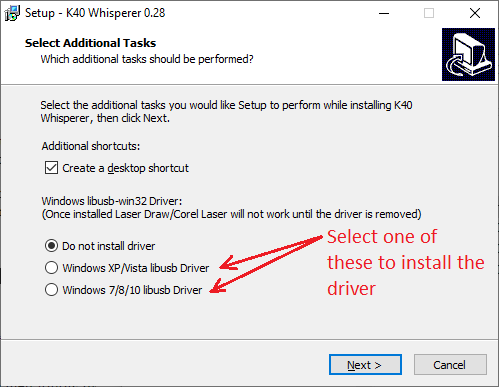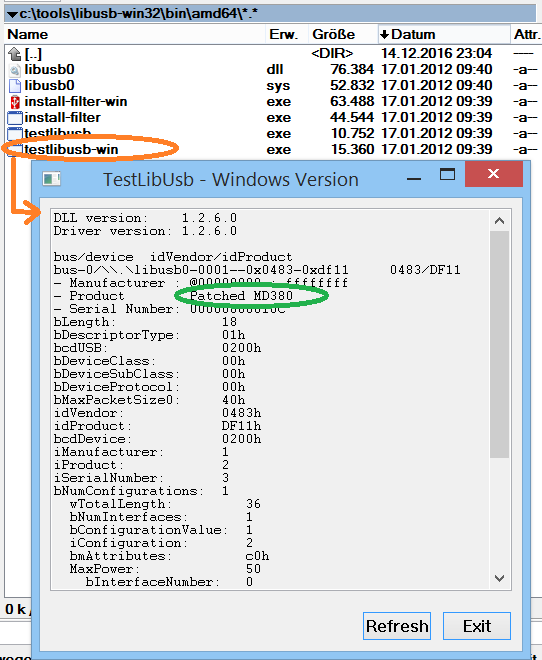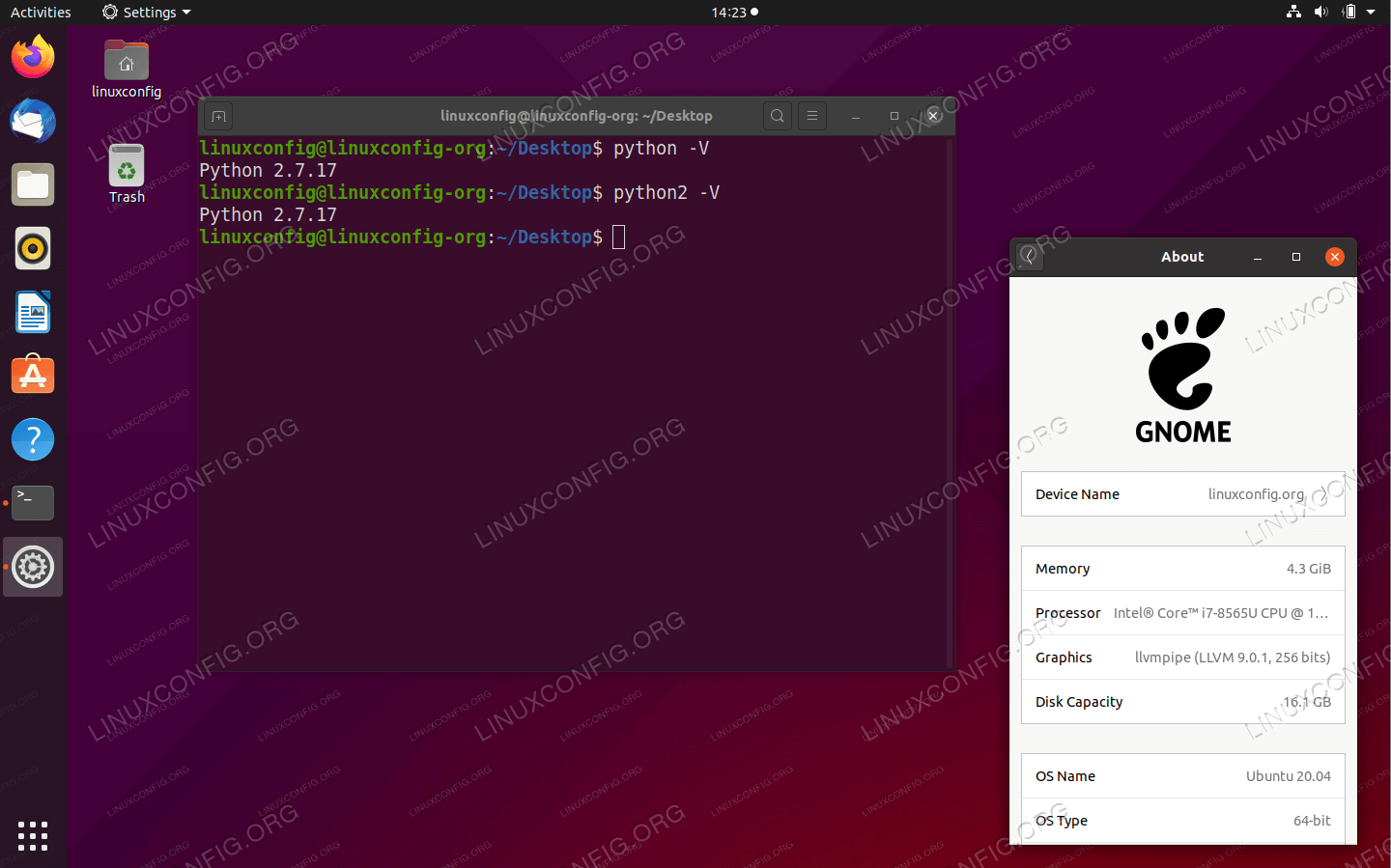Released:
A package that simplifies USB/HID communications on windows
Python Usb Devices Driver Download Windows 7
Project description
In the Arduino IDE when the CH340 is connected you will see a COM Port in the Tools Serial Port menu, the COM number for your device may vary depending on your system. Older Windows Driver Version and Instructions. Download the Windows CH340 Driver; Unzip the folder. If you are running a 64Bit Windows: – run the SETUP64.EXE installer. Drivers Usb free download - Drivers For Free, CopyTrans Drivers Installer, Adaptec ASPI Drivers, and many more programs.
Table of Contents
PyUSB can run on any platform with Python 2.4 and later version. Communicating with a USB device has never been so easy. USB is a complex protocol, but PyUSB has all the necessary functions needed to configure a USB-supported device. PyUSB modules have two sub-modules: usb.core as the main module and usb.util containing utility functions.
- Introduction
- Installation Instructions
- Using pywinusb.hid
- Release changes
Introduction
This project aims to be a simple USB/HID user application space (hence no systemdrivers needed) 100% python package (without C extensions). Initially targetingsimple HID devices management.
The vision for this project is to be something similar to PySerial or PyParallelbut for USB/HID hardware enthusiasts.
Advantages
- All python code, using ctypes
- Top level handling of HID events (usage events calling hook function handlers)
Python Usb Devices Driver Download Windows 10
Current limitations
Depending on your application you might find these limitations
- Windows only (so far…)
- Maybe speed. I’ve had feedback by some users that speed is not a problem for high data throughput, but I think you might hit some Python limits if you are require any real time processing.
Installation Instructions
Windows
The most convenient way of installing is using easy_install or pip, Irecommend to do this once you are familiar with the library as you might loosetrack of the example source files, but you can take a look to the example orthe source browsing the github repository.
If using a source package (.zip) from PyPi un-zip your file, or get the sourcefrom the main repository and run the familiar setup.py install command lineis sufficient, setuptools or distribute (for python 3) are required.
Using pywinusb.hid
View the ./examples directory for some (ok, few right now) scripts. Theseshow, for instance, how to use pywinusb.hid to handle events from HID classdevices usages events.
Latest code and some Wiki information can be found on the main project code page.
Utilities
- The module pywinusb.hid.tools contains a function to check HID class devicescapabilities, for now it provides a basic human readable text report (seethe hid.core package, run it as main while HID class devices are connectedto your system)
Feedback and Contributing
Feel free to contact me! use the main code project page, just tell what doyou think about the project or bring me anything you think might be cool toconsider.
Any participation it’s appreciated, feel free to contribute more examples or applications or just a reference to your open source project that uses the library.
Release changes
[Next release]
- Fixed issue #33. Allow to read totally unparsed reports.

0.4.2
- Issue #33.
- PR #39. Intermittent lockup on close.
0.4.1
- Patched ctypes issue on Python 3.5.1 64 bits.
0.3.7
- Added PySide PnP example.
0.3.5
- Win7/64 PnP example fixed again (due ctypes and Windows 64 API changes).
0.3.4
- Jeff Rowberg (bluegiga) patch for deamon threads.
0.3.3
- Win7/64 fixes, PnP example fixed, show_hids.py now using local encodings, stdout encodings now not in library (should be part of applications), usage_pages.py UsagePage repr() fix.
Python Usb Driver
0.3.1
- Python 2 and 3 support (tested with Python 3.2)
0.3.0
- Refactored setup api handling.
- Many PyLint fixes.
0.2.9
- Fixed broken value array usages transactions
- Better Setup API device paths handling
<= 0.2.8

- Fixed broken value array usages transactions
- Fixing sending output / feature reports
- Fixed broken input report handling
- Stability improvements
- Tweaked PnP example, added frame closing event handler, so the USB device is closed
- Report reading threads and device closing optimizations
- Fixed bugs preventing properly setting report usage variables after a HidReport().get()
- Fixed raw_data.py example
- Fixed bug preventing proper value array setting/getting items
- Fixed deadlock when device unplugged
- Added HidDevice.set_raw_data_handler(), and corresponding raw_data.py example script
- Fixing output only mode (no input report for forced open)
- Bringing a little bit of stability
- Output only mode (no reading thread configured)
- Kind of usable now
Project details
Phyton USB Devices Driver Download
Release historyRelease notifications | RSS feed
0.4.2
0.4.1

0.4.0
0.3.6
0.3.5
0.3.4
0.3.3
0.3.2
0.3.1
0.2.9
Download files

Download the file for your platform. Aceeca others driver download for windows 10. Radioscape driver download for windows xp. If you're not sure which to choose, learn more about installing packages.
| Filename, size | File type | Python version | Upload date | Hashes |
|---|---|---|---|---|
| Filename, size pywinusb-0.4.2.zip (61.7 kB) | File type Source | Python version None | Upload date | Hashes |
Hashes for pywinusb-0.4.2.zip
| Algorithm | Hash digest |
|---|---|
| SHA256 | e2f5e89f7b74239ca4843721a9bda0fc99014750630c189a176ec0e1b35e86df |
| MD5 | 89effe9a46f9a8641993a9de2fb5fb5d |
| BLAKE2-256 | 38b4ecce4a3a0dac3b1bf5776943530cf4f36406fc9b3f4f3c31c8dcab2249eb |
